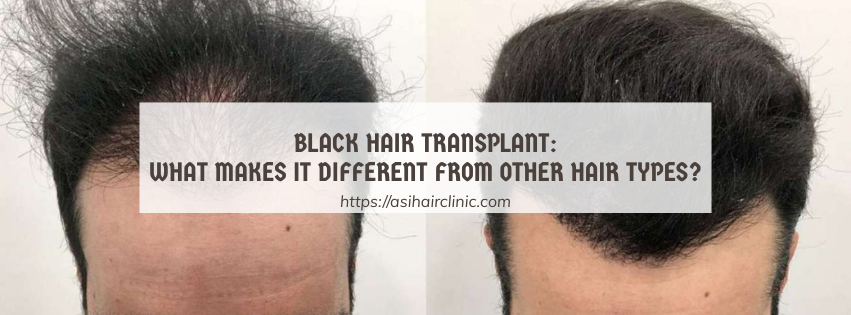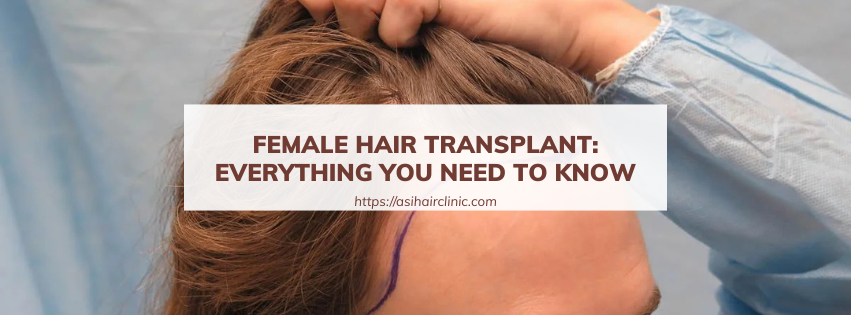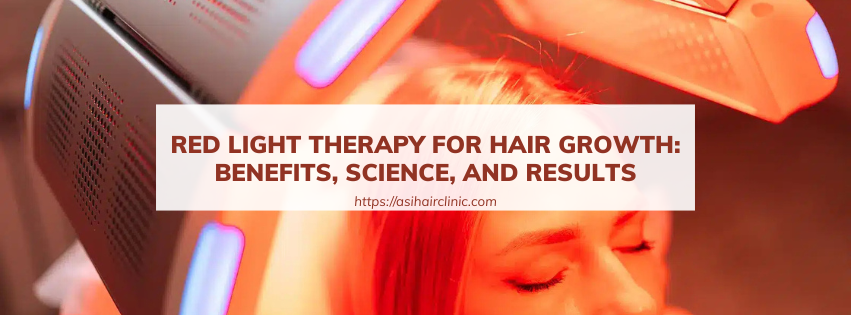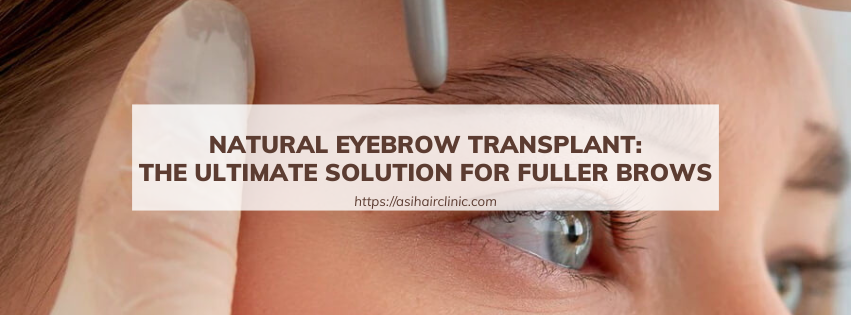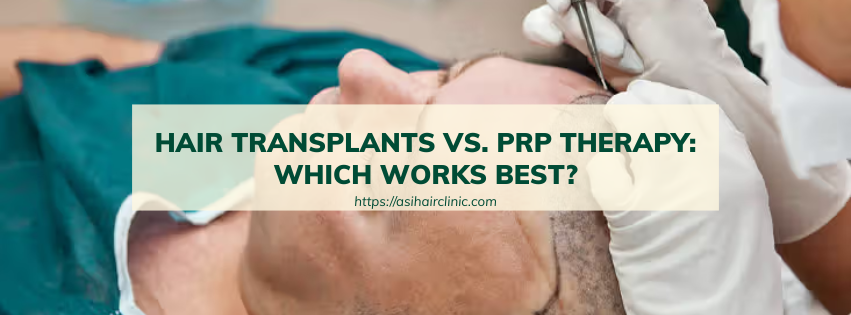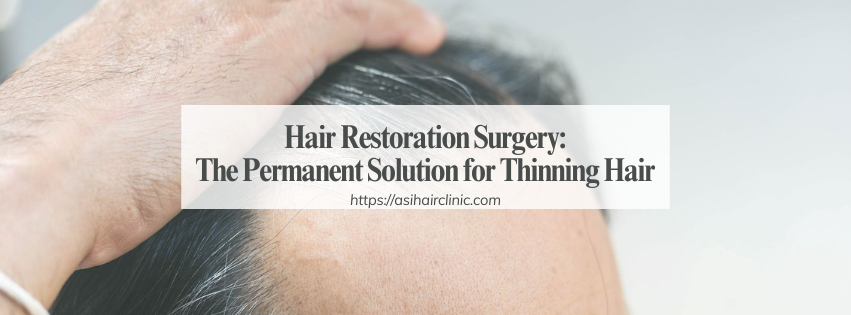Does vaping cause hair loss or thinning?
The rise of vaping over the past decade has captured the attention of health professionals, recreational users, and the public alike. While initially marketed as a less harmful alternative to traditional smoking, concerns surrounding vaping have grown, particularly regarding its potential impact on overall health and wellness. Among the myriad of questions posed, one that stands out is: does vaping cause hair loss or thinning? To answer this question, we must explore the multifaceted relationship between vaping and hair health, diving into the science behind hair loss, the components found in vaping products, and the various factors that could interlink these two phenomena.
1. The Vaping Factor: A Look at Potential Links
While direct evidence connecting vaping to hair loss remains limited, several interconnected factors warrant consideration. By investigating how the ingredients in e-cigarettes interact with biological processes related to hair growth, we can begin to establish a clearer picture of the potential implications of vaping on hair health.
1.1. Nicotine and Hair Loss
Nicotine, a key ingredient in many vaping liquids, poses a considerable concern regarding its effects on hair growth.
Constricting Blood Vessels: Studies indicate that nicotine acts as a vasoconstrictor, meaning it constricts blood vessels and reduces blood flow to the scalp. Optimal blood circulation is crucial for delivering nutrients and oxygen to hair follicles, which are imperative for sustaining healthy growth. When blood flow is diminished, hair follicles may not receive the essential elements they require, potentially stunting growth and leading to thinning.
Interfering with Follicle Function: Research suggests that nicotine's interaction with hair follicles can disrupt the natural hair growth cycle. By affecting the transition between the growth phase (anagen) and the resting phase (telogen), the presence of nicotine can precipitate excessive shedding and weaken the foundation upon which hair thrives. The continuous exposure to nicotine may pave the way for long-term consequences on hair vitality.
Increasing Oxidative Stress: Oxidative stress, characterized by an imbalance between antioxidants and free radicals within the body, can significantly compromise cellular function. Nicotine is known to elevate oxidative stress levels, contributing to cellular damage that affects hair follicle integrity. The deterioration of hair follicles under oxidative stress can hinder their ability to produce new hair strands, further exacerbating hair loss concerns.
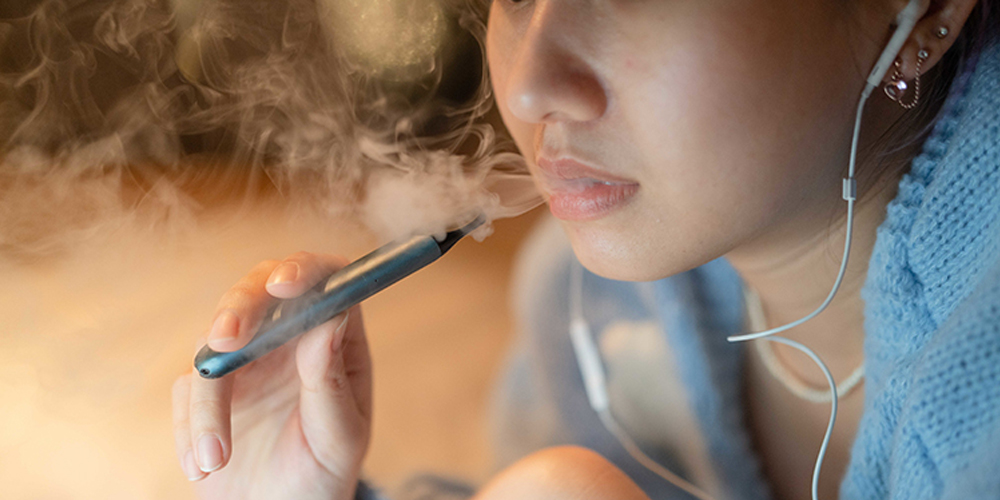
1.2. Heavy Metal Exposure
Emerging research highlights the potential presence of heavy metals in certain vaping products. These metals, including nickel, lead, and cadmium, raise alarm bells regarding their implications for hair health.
Heavy Metal Toxicity: Heavy metal toxicity can disrupt vital metabolic processes necessary for healthy hair growth. The accumulation of these toxic substances in the body has been linked to impaired nutrient absorption and cellular damage, both of which pose serious threats to hair follicle health. The presence of these metals could inhibit the production and maintenance of hair, leading to increased thinning and loss.
Environmental Concerns: With the ongoing scrutiny of vaping safety, the presence of heavy metals further complicates the discussion around e-cigarettes. Understanding that the air we inhale may contain harmful substances leads to broader considerations about the long-term risks associated with vaping. As public awareness grows, so too does the responsibility of manufacturers to ensure the purity of their products.
1.3. Vitamin Deficiency
Vaping has been shown to affect the absorption of essential nutrients, particularly vitamins that are crucial for maintaining healthy hair.
Vitamin D and Hair Health: Vitamin D plays a pivotal role in the hair growth cycle, influencing various stages of follicle health. Studies have suggested that deficiencies in vitamin D can lead to hair thinning and loss, as it impacts the proliferation and differentiation of keratinocytes – the cells responsible for forming hair strands. Vaping may interfere with the body’s ability to absorb this vital nutrient, potentially creating a deficiency that contributes to hair loss.
Overall Nutritional Balance: A balanced diet rich in vitamins and minerals is essential to promote optimal hair health. Vaping can detract from one’s focus on nutrition, discouraging healthier lifestyle choices in favor of nicotine consumption. Over time, inadequate nutrient intake could culminate in adverse effects on hair growth, underscoring the importance of holistic health practices that prioritize nourishment.
2. Chemical Exposure: A Hidden Threat
E-cigarette aerosols contain a mixture of volatile organic compounds (VOCs) and other chemicals that could adversely affect hair health.
2.1. Irritation and Inflammation
Scalp Sensitivity: The chemicals present in e-cigarette aerosols may irritate the scalp, leading to inflammation that can negatively affect hair follicles. Any form of irritation can provoke an inflammatory response, ultimately compromising follicle health and diminishing their capacity to produce robust strands. Chronic inflammation could become a silent contributor to hair loss, often overlooked amidst the broader focus on lifestyle habits.
Chemical Reactions: An additional concern lies in the interactions between e-cigarette chemicals and individual skin sensitivities. Some vapers may experience allergic reactions or heightened sensitivity to specific flavorings or additives, leading to scalp issues that could hinder hair growth. Personal vigilance about the ingredients in vaping products is crucial for safeguarding against unintended outcomes.
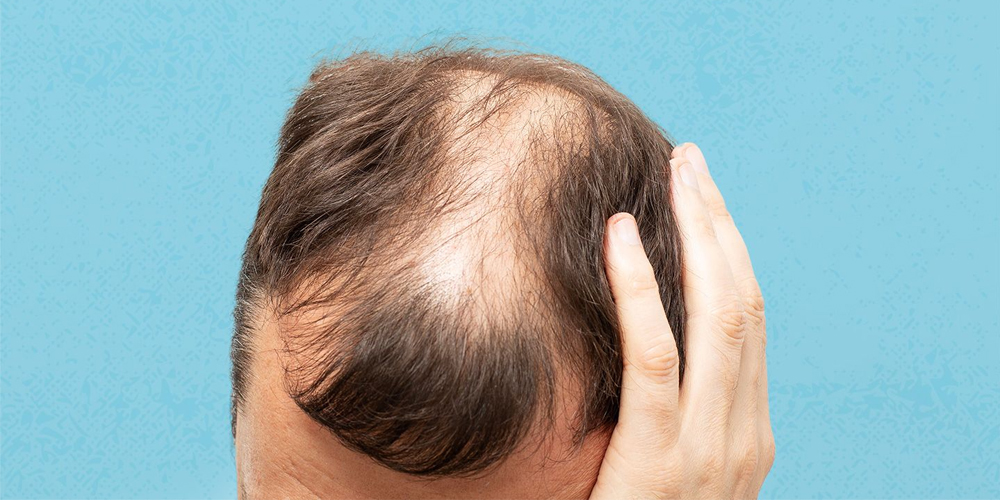
2.2. Dry Scalp: The Unseen Effects
Dehydration of the Scalp: The heated air produced during vaping can contribute to a dry scalp condition. Dehydration can create an environment in which hair follicles struggle to flourish, leading to increased breakage and exacerbated hair loss. Dryness may also trigger an itchiness that results in scratching, further damaging hair roots and accelerating thinning.
Importance of Hydration: Maintaining hydration and moisture balance is vital when addressing hair health. Vaping could contribute to poor scalp conditions, emphasizing the need for individuals to take proactive measures in caring for their scalps. Integrating hydrating shampoos and conditioners, along with regular scalp treatments, could counteract the drying effects of vaping.
3. Stress, Anxiety, and Hormonal Imbalances
The act of vaping can have psychological repercussions, leading to stress and anxiety levels that may exacerbate hair loss.
3.1. Psychological Connections
Stress-Induced Hair Loss: Stress is a well-documented trigger for various forms of hair loss, including telogen effluvium. The psychological impact of daily life challenges, coupled with the habit of vaping, can create a vicious feedback loop wherein stress leads to increased vaping, which subsequently intensifies anxiety. Understanding this cyclical relationship is essential for tackling hair loss effectively.
Mind-Body Connection: Recognizing the mind-body connection is crucial in addressing hair loss concerns. Engaging in stress-reducing activities such as exercise, yoga, or meditation can help mitigate the psychological triggers that lead to hair thinning. Promoting mental well-being ultimately supports physical health, including hair vitality.
3.2. Hormonal Influences
Disruption of Hormones: Certain e-cigarette flavors containing artificial sweeteners and other chemicals might disrupt hormonal balances within the body. Hormonal imbalances can contribute to hair thinning and loss, making it imperative to consider the broader effects of vaping on one’s endocrine system. Individuals experiencing unexplained hair loss should evaluate their vaping habits alongside their overall hormonal health.
Holistic Health Awareness: Understanding that hair loss is often multifactorial can empower individuals to take control of their health. Addressing all contributing aspects, including stress management, nutritional support, and hormonal balance, allows for a comprehensive approach to combatting hair loss.
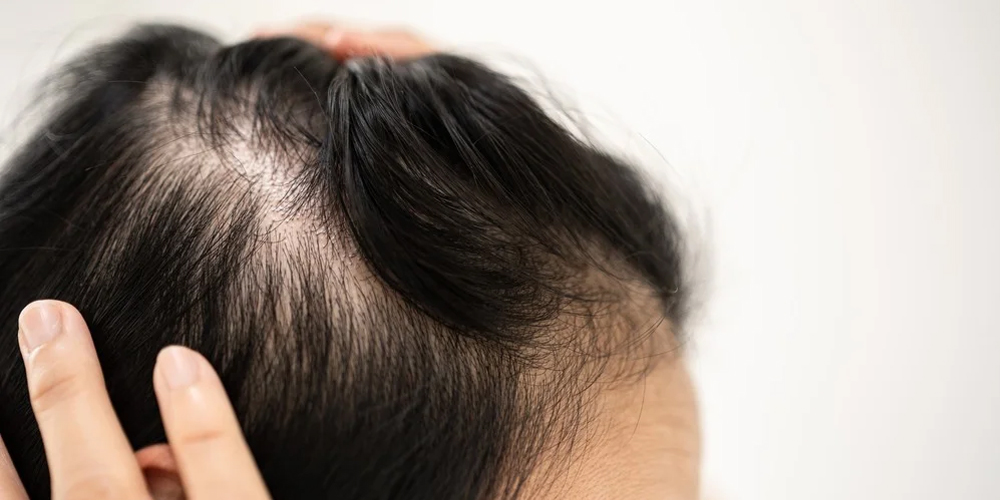
4. Important Considerations
As we navigate the complexities surrounding the relationship between vaping and hair loss, several considerations must be kept in mind.
4.1. The Role of Individual Susceptibility
Genetics and Pre-existing Conditions: Individual responses to vaping vary significantly due to genetic predisposition and existing health conditions. Those with a history of hair loss or heightened sensitivity to certain substances may experience adverse effects more acutely. This underscores the importance of recognizing one’s unique vulnerabilities in relation to vaping.
Lifestyle Choices: Frequency and duration of vaping will also play a role in determining its impact on hair health. Long-term and heavy use may heighten risks associated with hair loss, while intermittent or mindful vaping may present fewer challenges. Individuals should weigh their choices carefully, considering the cumulative effects of their lifestyle decisions.
4.2. Research Gaps and Future Directions
Ongoing Investigations: Although preliminary findings suggest potential links between vaping and hair loss, comprehensive studies are still required to establish any definitive relationships. As public interest in vaping continues to evolve, researchers must prioritize inquiries into its long-term health implications to provide clarity for consumers.
Public Awareness: Heightened awareness surrounding the potential risks associated with vaping is essential for informed decision-making. Education campaigns should emphasize the importance of understanding how vaping may affect various aspects of health, including hair vitality.
Conclusion
The debate surrounding the potential impact of vaping on hair loss remains nuanced and complex. While direct evidence linking the two is currently limited, various factors such as nicotine exposure, heavy metal presence, vitamin deficiencies, chemical irritants, and psychological stressors may contribute to an increased risk of hair thinning among vapers. As we continue to explore the intricate web of influences on hair health, it becomes clear that adopting a holistic approach is paramount for managing hair loss.
LATEST POSTS

